UK liberation from EU after Brexit a fantasy: Former diplomat
Britain’s former ambassador to the European Union Sir Ivan Rogers has said that his country will never be free from the bloc despite claims that Brexit will be an end to Brussels’ control over London.
“These fantasies of release and liberation – they are fantasies. We are going to be negotiating on everything from aviation to farming for evermore with our biggest neighbor,” said Rogers in a speech covered in the Guardian newspaper on Tuesday.
The seasoned diplomat said Britain will be forced to accept many of EU rules and regulations in future even if the government manages to deliver on a 2016 referendum and leaves the EU.
“We cannot live in glorious isolation. Talk to the Swiss and to the Norwegians – they live in a permanent state of negotiation with the EU,” said Rogers, adding that there was no chance that the UK would be able to disentangle itself from the EU forever.

Te comments come as the British government is desperate to secure a draft Brexit deal in the parliament just weeks before it is planned to officially leave the EU at the end of March. Lawmakers are expected to vote on a revised version of the deal on March 12, nearly a month after they roundly rejected the agreement signed off by EU leaders in November.
‘May did not know the EU’
Rogers said that British Prime Minister Theresa May’s strategies for leaving the EU were partly to blame for the current stand-off in the parliament over Brexit.
He said May was unfamiliar with EU rules and institutions when she triggered the Brexit process in 2016, adding that people around the Conservative leader also “didn’t know very much about European councils or that much about the EU” at the time.
Roger said May and other government officials had been under the illusion that they could circumvent Brussels by making direct deals with the major capitals.
“Capitals obviously matter, but I think ... that reflex in the British system always to think that we can deal direct with the organ grinders and not the monkeys: it never works like that,” he said, adding, That stuff is not done in the way British politics works, leader to leader. It’s done via the bureaucrats, and the sherpas, and the people at the top of the institutions.”
Putin vows more test of new hypersonic missile
VIDEO | Jordanians continue rallies to denounce Israeli genocide in Gaza, Lebanon
6 Israeli soldiers commit suicide: Reports
Diplomat discourages recourse to pressure, intimidation, confrontation against Iran
UN: 2024 deadliest year for aid workers amid genocide in Gaza
Gaza health official warns of hospital shutdowns within 48 hours
Israel kills 5 more paramedics in southern Lebanon: Health ministry
Iran to launch ‘new, advanced’ centrifuges in response to IAEA resolution: AEOI


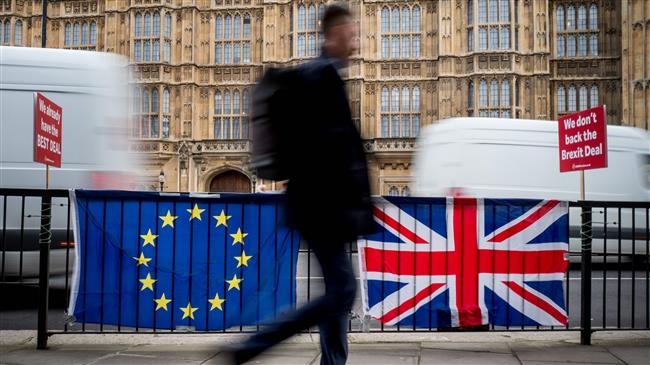

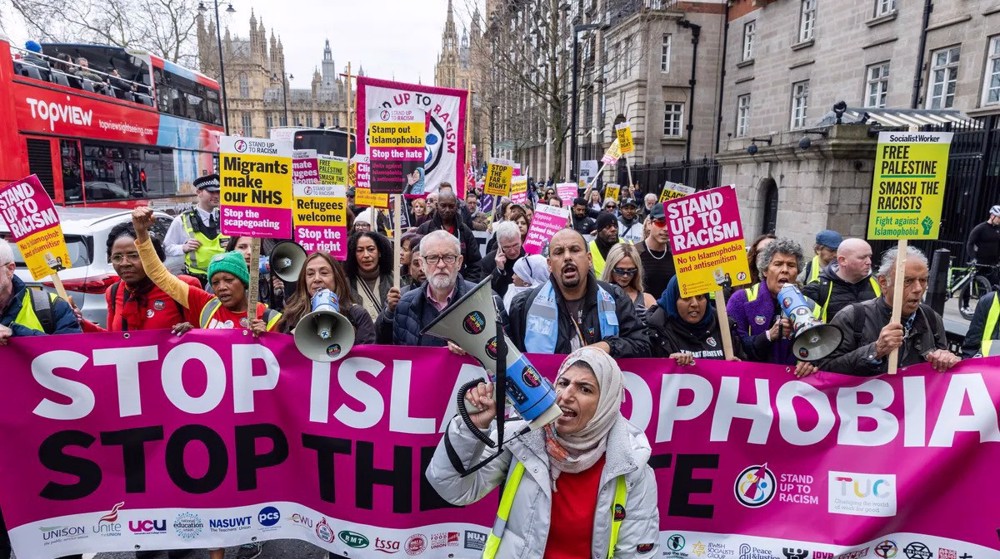
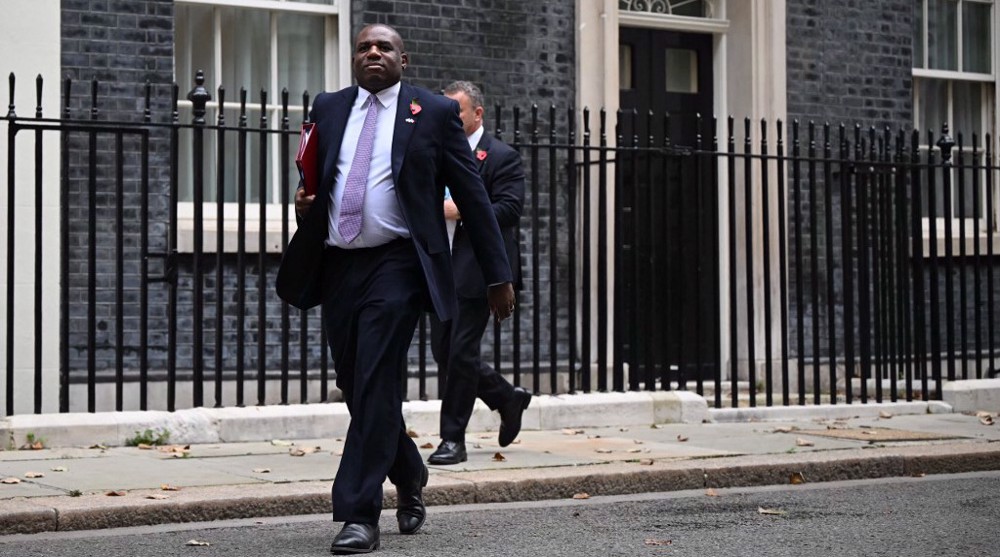
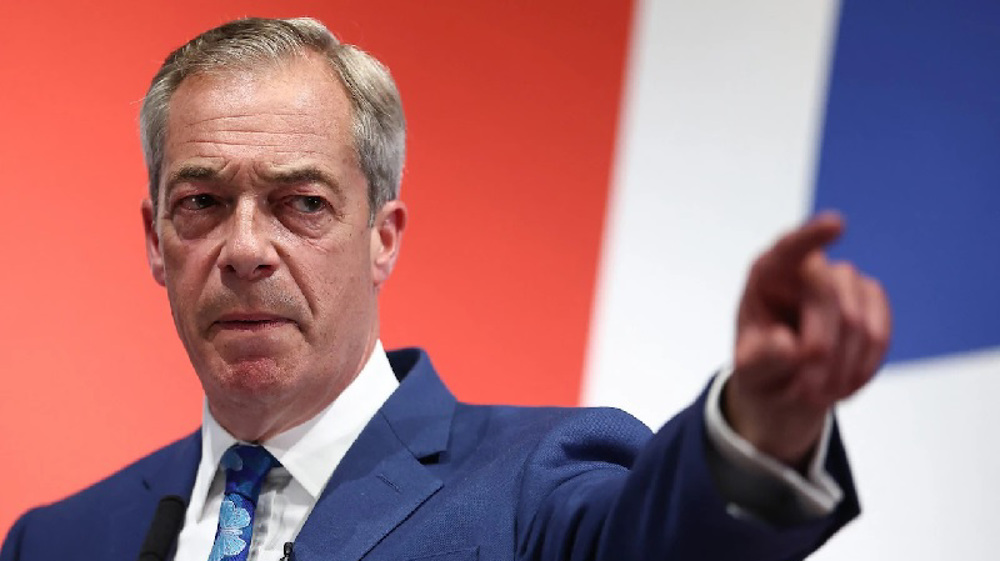



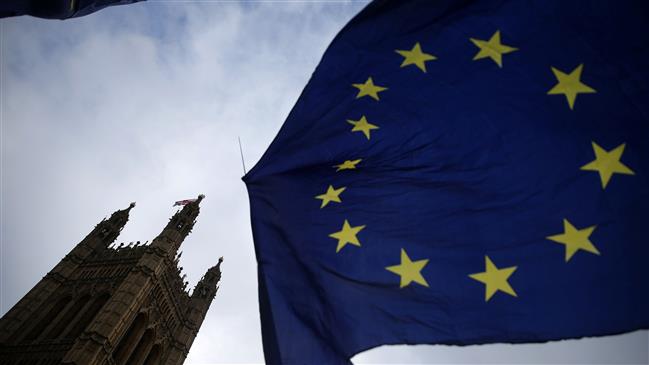
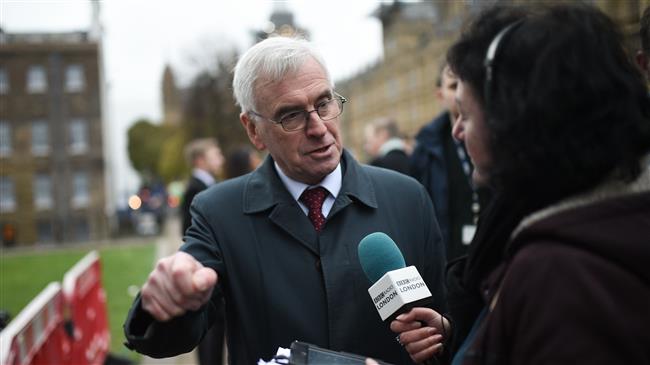
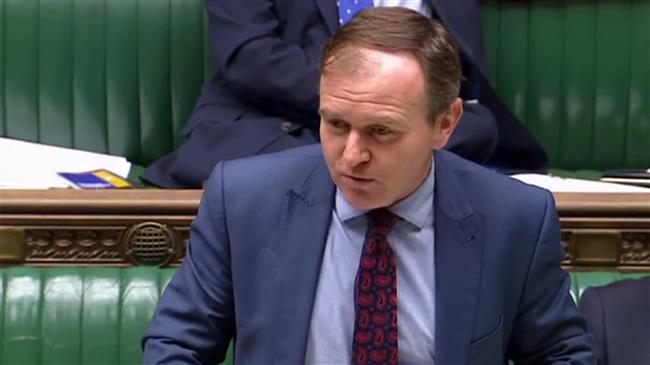

 This makes it easy to access the Press TV website
This makes it easy to access the Press TV website